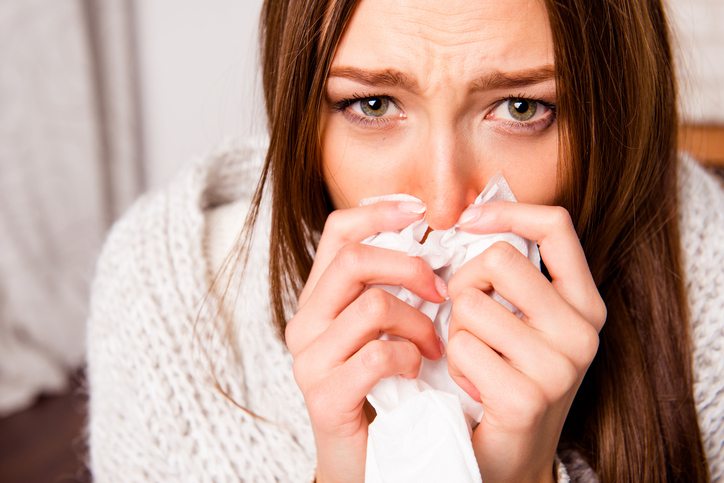Allergic rhinitis, also known as hay fever, is a common condition characterized by inflammation of the nasal passages due to an allergic reaction to certain allergens. Symptoms include sneezing, runny nose, congestion, and itchy eyes. While there is no cure for allergic rhinitis, there are several effective treatment options available to manage and alleviate symptoms.
Treatment for Allergic Rhinitis
Medication
The first line of treatment for allergic rhinitis is typically over-the-counter or prescription antihistamines. These medications work by blocking the action of histamine, a chemical released by the body during an allergic reaction that causes inflammation and symptoms such as sneezing and runny nose. Some common antihistamines include loratadine, cetirizine, and fexofenadine.
Another commonly used treatment for allergic rhinitis is nasal corticosteroids. These medications work by reducing inflammation in the nasal passages and can be administered as a nasal spray or in pill form. Some examples of nasal corticosteroids include fluticasone, mometasone, and triamcinolone. These medications are typically prescribed for more severe cases of allergic rhinitis and can be used in combination with antihistamines for added symptom relief.
Lifestyle Changes
In addition to medications, lifestyle changes can also be effective in managing symptoms of allergic rhinitis. Avoiding known allergens, such as pollen and dust, can help reduce exposure and symptoms. Additionally, using air purifiers and keeping windows and doors closed during high pollen seasons can also help reduce exposure.
Immunotherapy, also known as allergy shots, is another treatment option for allergic rhinitis. This form of treatment involves administering small doses of allergens to the body over a period of time in order to build up immunity and reduce symptoms. This treatment is typically recommended for individuals with severe or persistent symptoms that are not well-controlled with other treatment options.
In some cases, surgery may be recommended for individuals with allergic rhinitis. Surgery options include nasal polypectomy, which involves the removal of nasal polyps, and septoplasty, which involves the correction of a deviated septum. These procedures can help improve breathing and reduce symptoms in individuals with severe cases of allergic rhinitis.
Conclusion
There are several effective treatment options available for individuals with allergic rhinitis. These include over-the-counter and prescription antihistamines, nasal corticosteroids, lifestyle changes, immunotherapy, and in some cases, surgery. It is important to work with a healthcare provider to determine the best treatment plan for managing symptoms and to monitor for any potential side effects or complications. With the right treatment, individuals with allergic rhinitis can effectively manage and alleviate their symptoms.

 Home
Home Health
Health Diet & Nutrition
Diet & Nutrition Living Well
Living Well More
More












